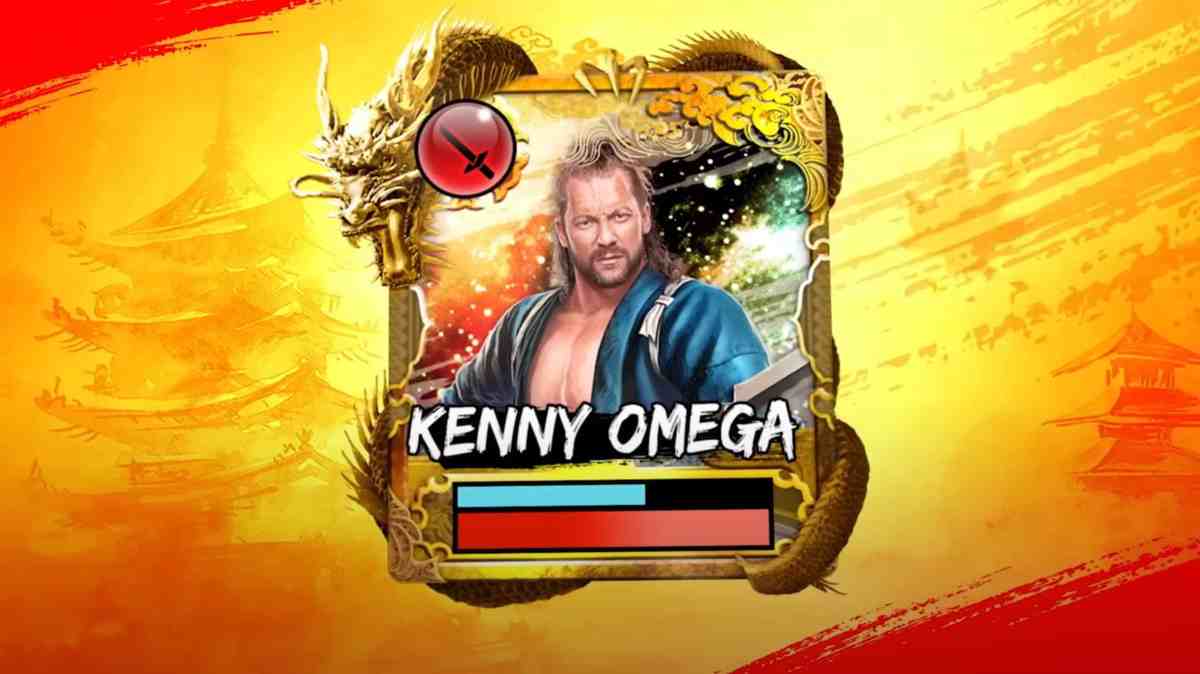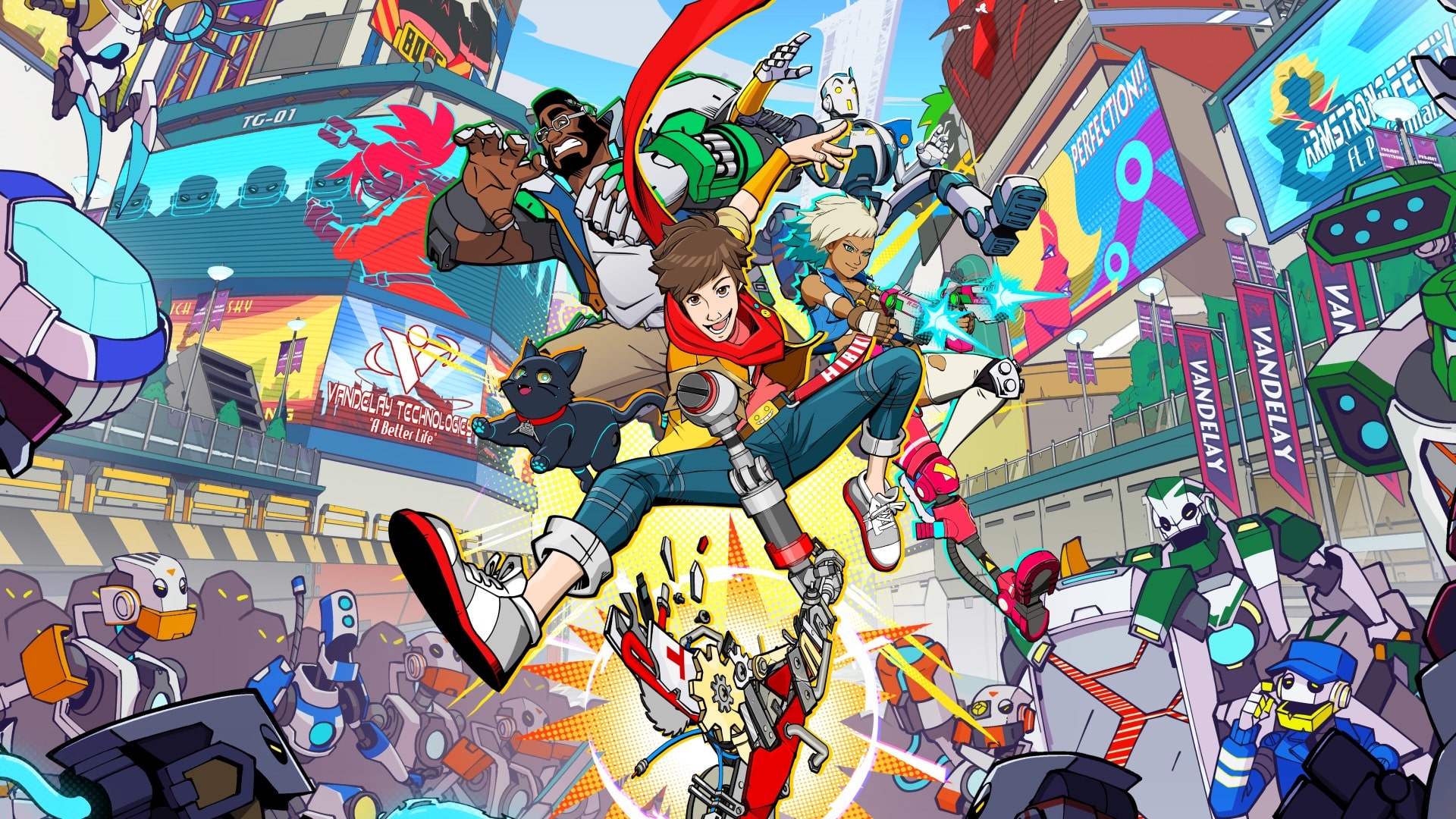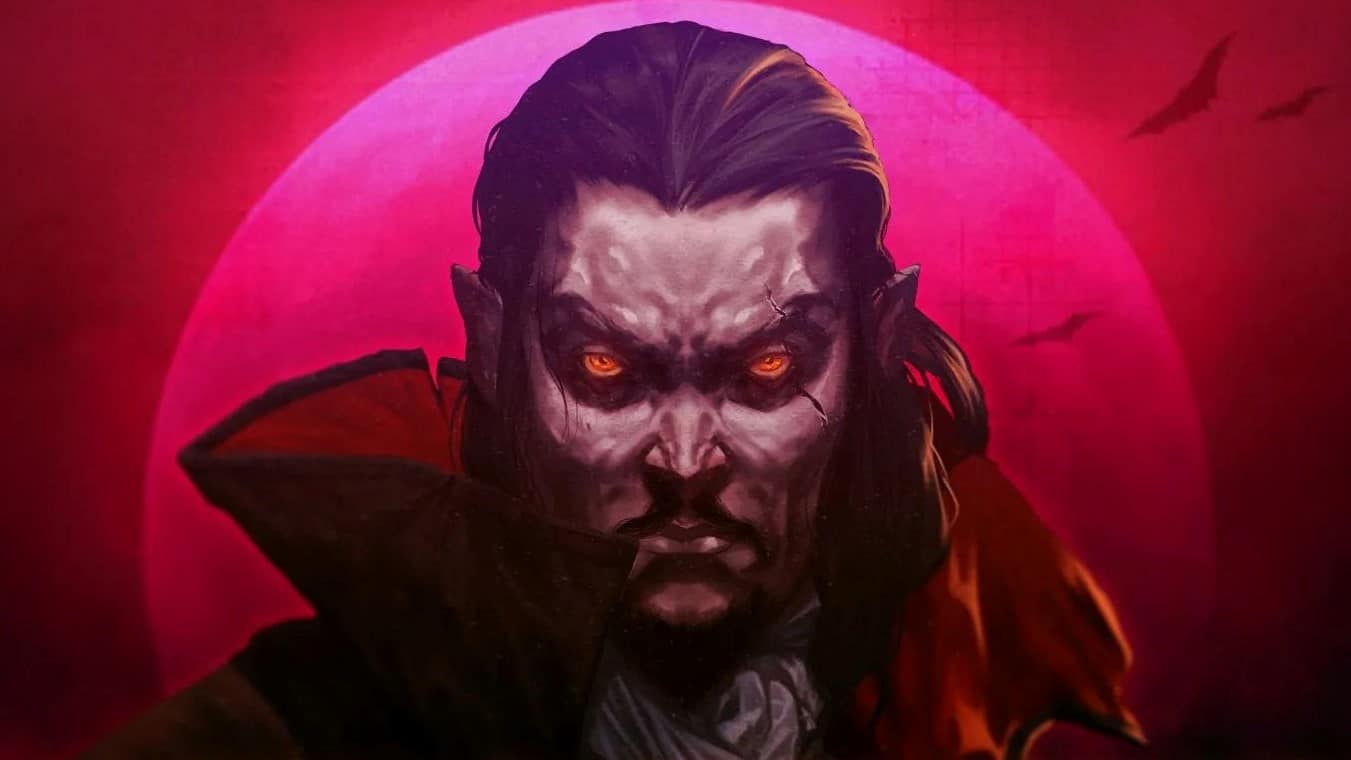A new interview between AEW wrestler Kenny Omega and the producer on Yakuza / Like A Dragon: Ishin!, Hiroyuki Sakamoto, has revealed some interesting insight into the development of the series, as well as its penchant for regularly involving the world of pro wrestling in its dramatic crime stories.
The conversation, arranged by Japanese games outlet Automaton Media, begins by talking about Omega’s cameo appearance in Like A Dragon: Ishin! as one of the game’s Trooper Card abilities, and reveals that he was originally slated to appear in a mainline entry – 2016’s Yakuza 6: The Song of Life.
Yakuza 6 featured a number of real-world wrestlers from the New Japan Pro-Wrestling promotion as the narrative’s main antagonists. At the time of their announcement, Omega tweeted at Sega asking where he was, given he was also part of NJPW at the time.
Sakamoto reveals that Omega was ‘actually a candidate for appearing in the game’ for that very reason, but because of the heavy involvement of the NJPW troupe in the complex plot of the game, they found it ‘difficult to work him into the scenarios set in various parts of Japan’ so ‘reluctantly left him out.’
Omega laments the decision, but Sakamoto reassures him that when the remake of spin-off Like A Dragon: Ishin! came into production, Omega was one of the first collaborators they thought of, because of Sega’s intent to market the previously Japan-only game to a far broader Western audience.
Read: Like A Dragon: Ishin! review – Blast from the past
The beginnings and growth of Yakuza
The conversation between Omega and Sakamoto then dives into the humble beginnings of the long-running crime adventure series, with Sakamoto revealing that part of the game’s unique identity came from Sega attempting to carve out a niche for themselves, with the understanding that it wouldn’t be able to compete with the family-friendly expertise of
‘We eventually decided to create a game that was meant for adults to enjoy, going with the catchphrase, “For those who love games, and also those who have grown tired of them”‘, he said. ‘It didn’t matter if children couldn’t enjoy it. Our only goal was to make a game that adult men could really enjoy. We deliberately chose to go with settings such as Kabukicho, the red light district in Tokyo where the sex industry is prevalent. We were worried that if we made something similar to existing titles at the time, that we wouldn’t be able to compete moving forward.’
Surprisingly, Sakamoto also reveals the very first Yakuza game didn’t do very well in its native market initially, only picking up steam through word of mouth, and talk of its strangeness; the series is known for mixing melodramatic crime drama with absurd, comedic situations.
Even after this success, the Yakuza development team were never quite sure about their future, according to Sakamoto.
‘Every game was a battle, and there was always the possibility we wouldn’t be able to make another. Therefore, we approached each one as if it was the last, focusing all our energy on the current game instead of worrying about the next one.’
The rest of the interview is a fascinating read for anyone who appreciates the the Yakuza / Like A Dragon series. It dives into the importance of characterisation in both the games and in pro wrestling, Omega’s love of the boxing manga Hajime no Ippo, and how the series is not hung up on its core mechanics, given its focus is on narrative: ‘We might even release a Yakuza/Like a Dragon puzzle game at some point,’ says Sakamoto.
You can read the full conversation between Kenny Omega and Hiroyuki Sakamoto on Automaton Media.
The next games in the Yakuza series include the side-story Like A Dragon: Gaiden, which features the franchise’s original protagonist, Kazuma Kiryu, as well as Like A Dragon 8, the next mainline game that follows new protagonist, Ichiban Kasuga.






